Race and Ethnicity: White
 Thomas Green
Thomas Green
 Paul Greenberg
Paul Greenberg
Greenberg, Paul
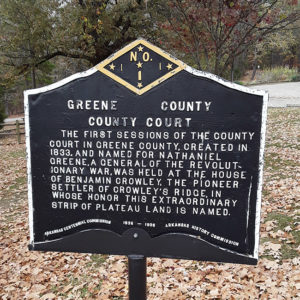 Greene County Court Plaque
Greene County Court Plaque
 Bette Greene
Bette Greene
Greene, Bette Evensky
Greene, Colton
Greene’s Operations on the West Bank of the Mississippi River
Greenhaw, Karl
Greensboro to Helena, Expedition from
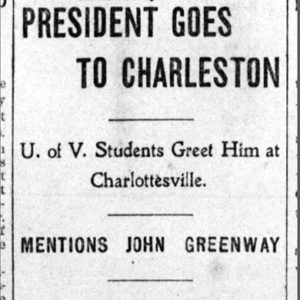 Greenway Rough Riders Mention
Greenway Rough Riders Mention
Greenway, John Campbell
Greenwood, Alfred Burton
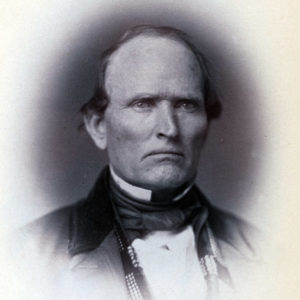 Alfred Greenwood
Alfred Greenwood
Greer, Stuart
Greer, William Ezra
Greeson, Martin White
Gregg, Lafayette
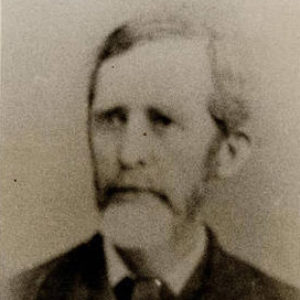 Lafayette Gregg
Lafayette Gregg
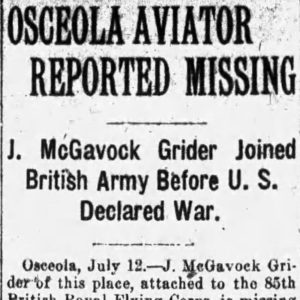 Grider Missing Article
Grider Missing Article
Grider, John McGavock
Griffin, John Timothy
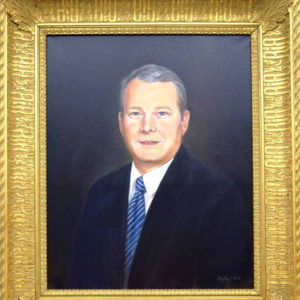 Tim Griffin
Tim Griffin
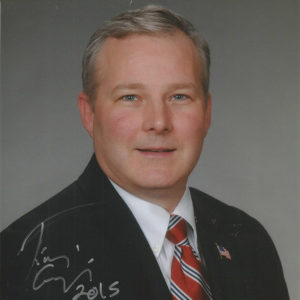 Tim Griffin
Tim Griffin
Grisham, John
 John Grisham
John Grisham
Griswold, Nathaniel Robadeau (Nat)
Grove, Ivan
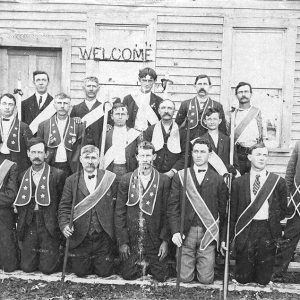 Grubbs Odd Fellows
Grubbs Odd Fellows
Guerilla Execution of 1864 (Little Rock)
Guerrilla Executions of 1864 (Fort Smith)
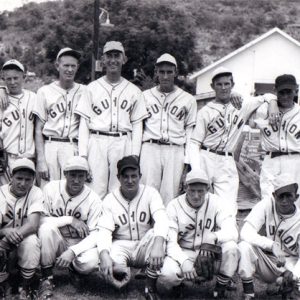 Guion Baseball Team
Guion Baseball Team
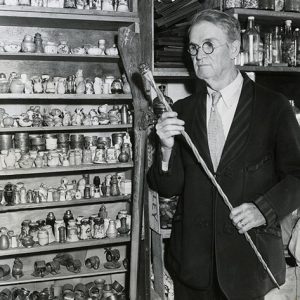 Louis Gulley
Louis Gulley
Gulley, Louis Corneil
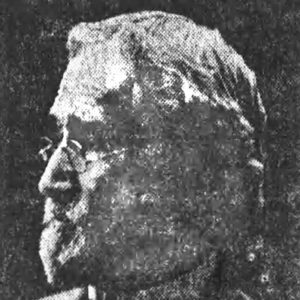 Ransom Gulley
Ransom Gulley
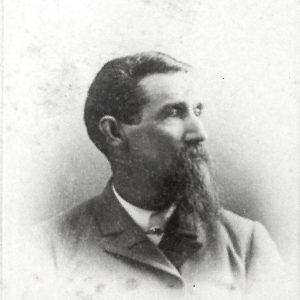 Ransom Gulley
Ransom Gulley
Gulley, Ransom
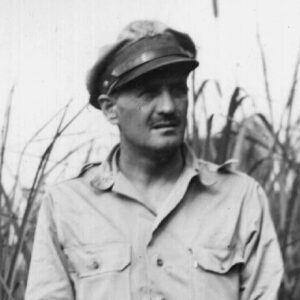 Paul "Pappy" Gunn
Paul "Pappy" Gunn
Gunn, Paul Irving “Pappy”
 James H. Gunter
James H. Gunter
Gunter, James Houston (Jim), Jr.
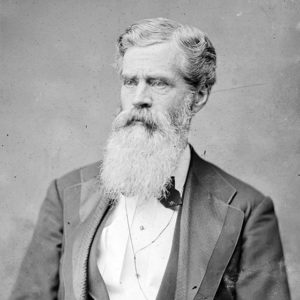 Thomas M. Gunter
Thomas M. Gunter
Gunter, Thomas Montague
 Gust
Gust
Guthridge, Amis Robert
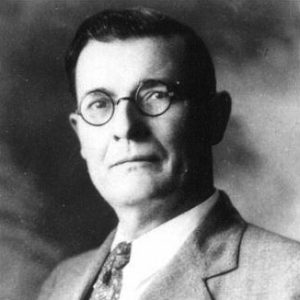 Jeremiah Guthrie
Jeremiah Guthrie
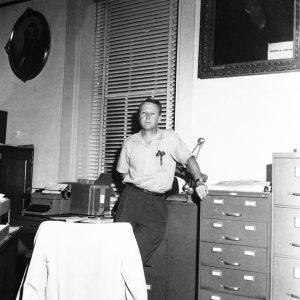 Francis Gwaltney
Francis Gwaltney
Gwaltney, Francis Irby
 Bill Gwatney
Bill Gwatney




